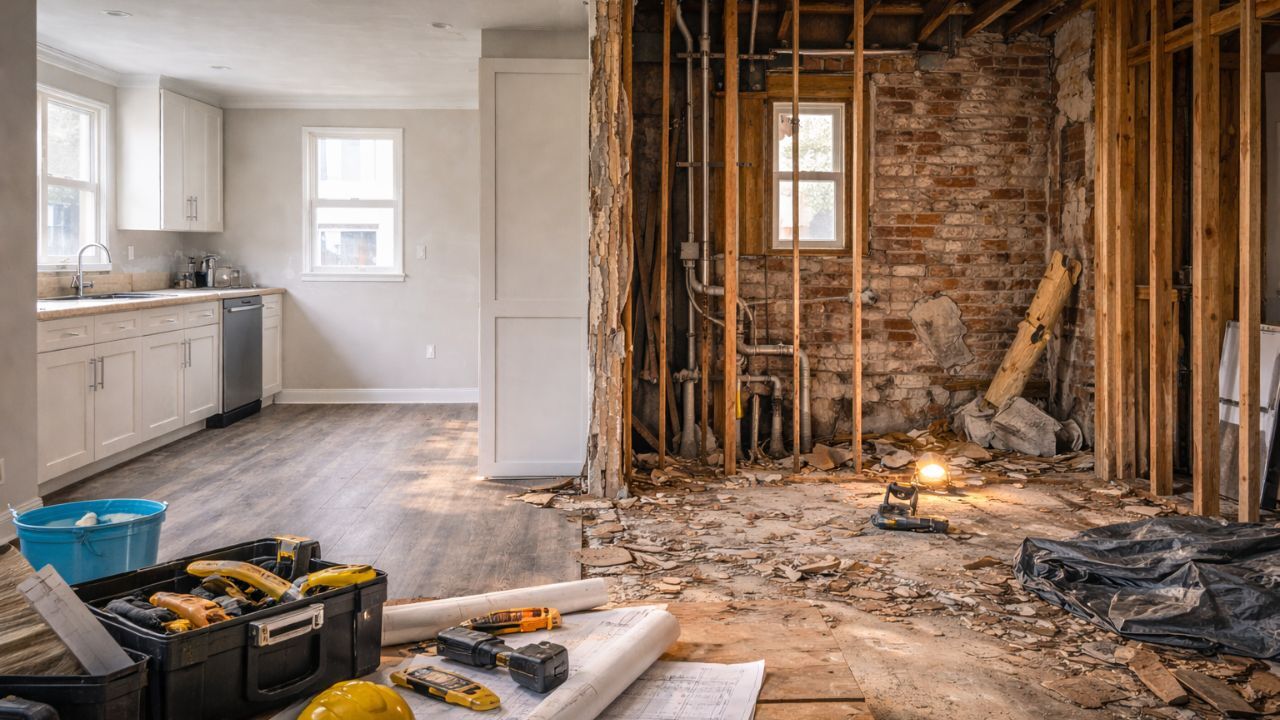 Choosing a home is not just about the property itself. The surrounding neighborhood will influence your routine, your social life, and your overall satisfaction. Many buyers focus on price and square footage while overlooking how the area aligns with their daily preferences. A neighborhood should reflect your personality and support both your short-term comfort and long-term plans.
Choosing a home is not just about the property itself. The surrounding neighborhood will influence your routine, your social life, and your overall satisfaction. Many buyers focus on price and square footage while overlooking how the area aligns with their daily preferences. A neighborhood should reflect your personality and support both your short-term comfort and long-term plans.
Location shapes lifestyle. The environment you return to each evening affects stress levels, relationships, and productivity. When buyers evaluate neighborhoods through a personal lens rather than only a financial one, they make more sustainable decisions.
Understand Your Daily Rhythm
Start by evaluating how you spend your time. Do you prefer quiet evenings or lively surroundings? Do you value walkability, outdoor activity, or privacy? Are you energized by community interaction or restored by solitude? Your neighborhood sets the tone for how your day begins and ends.
Spend time visiting at different hours to observe noise levels, traffic patterns, and overall atmosphere. A location that feels calm on a weekday afternoon may feel very different on a weekend evening. Pay attention to lighting, pedestrian activity, and general pace. These subtle details often reveal more than listing descriptions.
Evaluate Convenience Versus Calm
Access to shops, schools, parks, restaurants, and services can enhance daily life. However, convenience should be balanced with personal comfort. Some buyers thrive in active areas with constant movement. Others prioritize tranquility and limited through traffic.
Think about whether you want your home to be a retreat from activity or part of it. Consider commute times, parking availability, and how easily you can accomplish routine tasks. Convenience reduces friction in daily life, but overstimulation can increase stress. The goal is balance.
Observe Community Culture
Neighborhood personality extends beyond physical layout. Notice how residents maintain properties, interact with neighbors, and use shared spaces. Community involvement, local events, and overall pride of ownership influence long term satisfaction.
If possible, speak with current residents. Ask about noise, safety, and seasonal changes. Firsthand insight provides clarity that online research cannot.
Plan Beyond Today
Consider how your needs may evolve. A neighborhood that fits your current lifestyle should also support future goals. Whether you anticipate career growth, family expansion, remote work, or lifestyle shifts, long term alignment matters.
The right neighborhood feels natural, not forced. When your environment reflects your personality, homeownership becomes more fulfilling and financially sustainable. Thinking about buying or selling a home? Connect today to begin your next move with clarity and confidence.
 Buyers often prioritize finishes, layout, and visual appeal. While design matters, daily well-being matters more. Sleep quality influences health, mood, productivity, and long-term financial decision making. A home that disrupts rest can create stress that affects work performance, spending habits, and overall stability. Mortgage professionals should encourage buyers to evaluate how a property supports sustainable living, not just how it photographs during a showing.
Buyers often prioritize finishes, layout, and visual appeal. While design matters, daily well-being matters more. Sleep quality influences health, mood, productivity, and long-term financial decision making. A home that disrupts rest can create stress that affects work performance, spending habits, and overall stability. Mortgage professionals should encourage buyers to evaluate how a property supports sustainable living, not just how it photographs during a showing. Homeownership presents a unique opportunity to teach children about financial responsibility. A home is more than shelter, it is a visible example of budgeting, borrowing, and long-term commitment. When parents involve children in age-appropriate conversations about mortgage payments, equity, and planning, they model financial discipline that lasts well into adulthood.
Homeownership presents a unique opportunity to teach children about financial responsibility. A home is more than shelter, it is a visible example of budgeting, borrowing, and long-term commitment. When parents involve children in age-appropriate conversations about mortgage payments, equity, and planning, they model financial discipline that lasts well into adulthood. Buying a home requires dozens of decisions in a short period of time. Buyers compare properties, analyze numbers, gather documentation, respond to lender requests, negotiate terms, and imagine future scenarios all at once. What many do not anticipate is the mental exhaustion that follows. Decision fatigue can quietly influence choices, causing buyers to rush, oversimplify, or second guess themselves. Recognizing this pattern helps buyers maintain clarity and confidence throughout the mortgage process.
Buying a home requires dozens of decisions in a short period of time. Buyers compare properties, analyze numbers, gather documentation, respond to lender requests, negotiate terms, and imagine future scenarios all at once. What many do not anticipate is the mental exhaustion that follows. Decision fatigue can quietly influence choices, causing buyers to rush, oversimplify, or second guess themselves. Recognizing this pattern helps buyers maintain clarity and confidence throughout the mortgage process.
 Fixer uppers attract buyers looking for value, personalization, and long term upside. The idea of transforming a property into something uniquely yours is compelling. However, not all renovation opportunities are created equal. The real skill in buying a fixer upper is distinguishing between manageable cosmetic upgrades and deeper structural or functional limitations that can quietly erode your budget and timeline.
Fixer uppers attract buyers looking for value, personalization, and long term upside. The idea of transforming a property into something uniquely yours is compelling. However, not all renovation opportunities are created equal. The real skill in buying a fixer upper is distinguishing between manageable cosmetic upgrades and deeper structural or functional limitations that can quietly erode your budget and timeline.